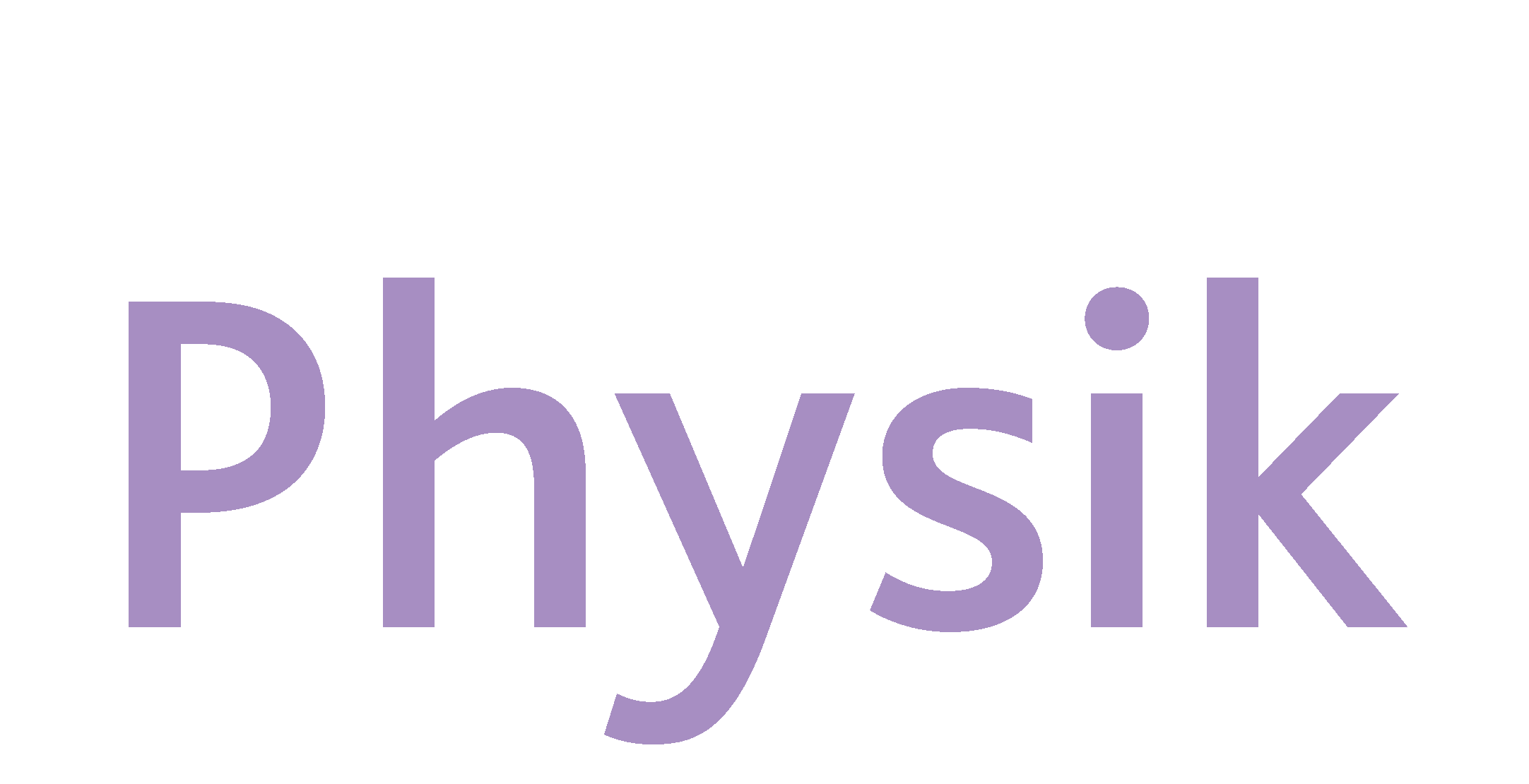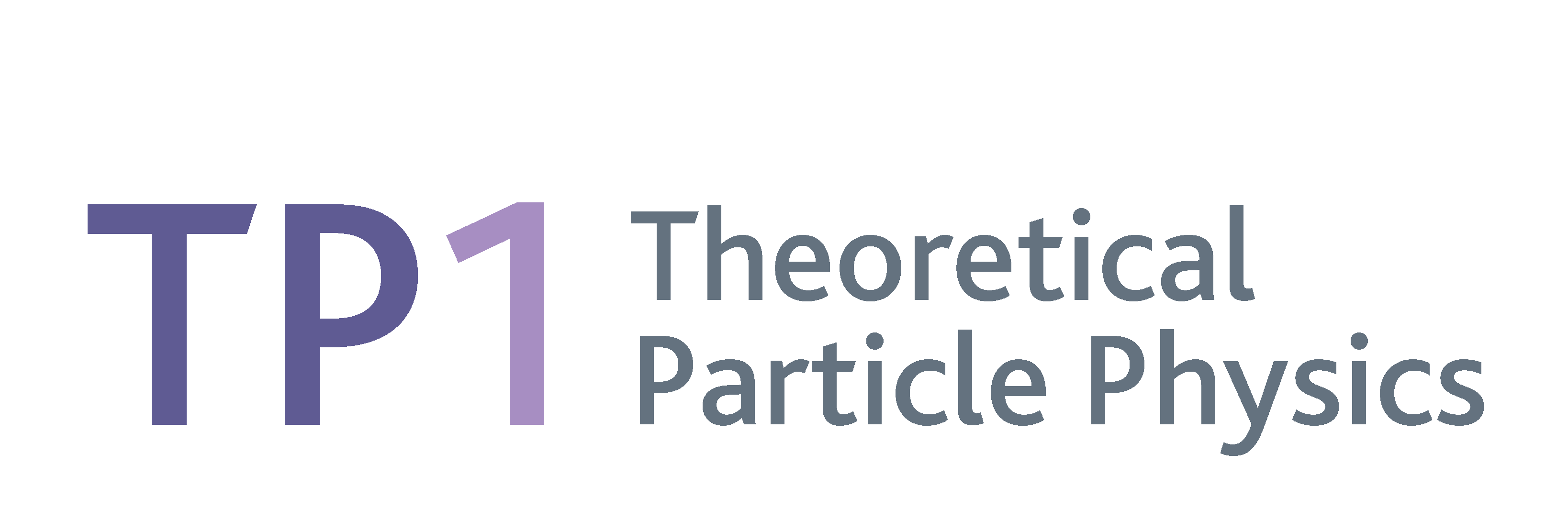TP1 Research Group – Prof. Dr. Alexander Khodjamirian
Our research is based on Quantum Chromodynamics (QCD) , the quantum field theory describing quarks and gluons with colour charges. Their interactions have a unique dual nature. At large energy-momentum transfers, the effective colour charge decreases, the quarks and gluons are asymptotically free and perturbation theory in the quark-gluon coupling is valid. Conversely, lowering the energy-momentum scale of QCD processes, one enters a nonperturbative regime where quarks, antiquarks and gluons reveal strong interactions and are only observed in bound states, the hadrons. Employing these properties of QCD, we investigate correlation functions – quantum effects generated by the emission and subsequent absorption of quark-antiquark pairs from external sources. In the region of asymptotic freedom, the correlation functions are calculated in terms of Feynman diagrams with quark-antiquark loops, including a universal description of nonperturbative QCD effects. The QCD result for the correlation function is then directly related to the hadronic parameters via dispersion relations, based on the basic properties of unitarity and analyticity of quantum field-theoretical amplitudes in QCD. This approach known as QCD sum rules is very flexible and quite universal. One is able to „design“ dedicated correlation functions in order to access various hadronic parameters or processes.
- We apply the method of QCD sum rules to processes involving quark flavour transitions. Experimentally, they are observed in a form of flavour-changing decays of hadrons, accompanied by strong, nonperturbative interactions of the quarks participating in the flavour transition. Hence, our theoretical predictions for the hadronic matrix elements obtained with a nonperturbative QCD method are indispensable for a complete theory of flavour-changing decays.
- The results of our theoretical studies are being extensively used in the data analysis of major experiments in heavy-flavour physics (at LHC and at electron-positron „flavour factories“). We also participate in this research activity, analysing the decay observables and using the hadronic input calculated in QCD to separate the characteristics of the quark-flavour transitions related to the fundamental electroweak interactions.
- In parallel, we extend and further develop the QCD methods applied in our group. The goal is to enlarge the field of applications involving more complicated hadronic processes, with a richer set of observables relevant for quark flavour physics. Furthermore, we aim at extending the technique of correlation functions and sum rules to effective theories obtained from QCD in the different flavour-symmetry and energy-scale limits. Here the main emphasis is on assessing power corrections in the observables that are closely related to nonperturbative QCD effects.



